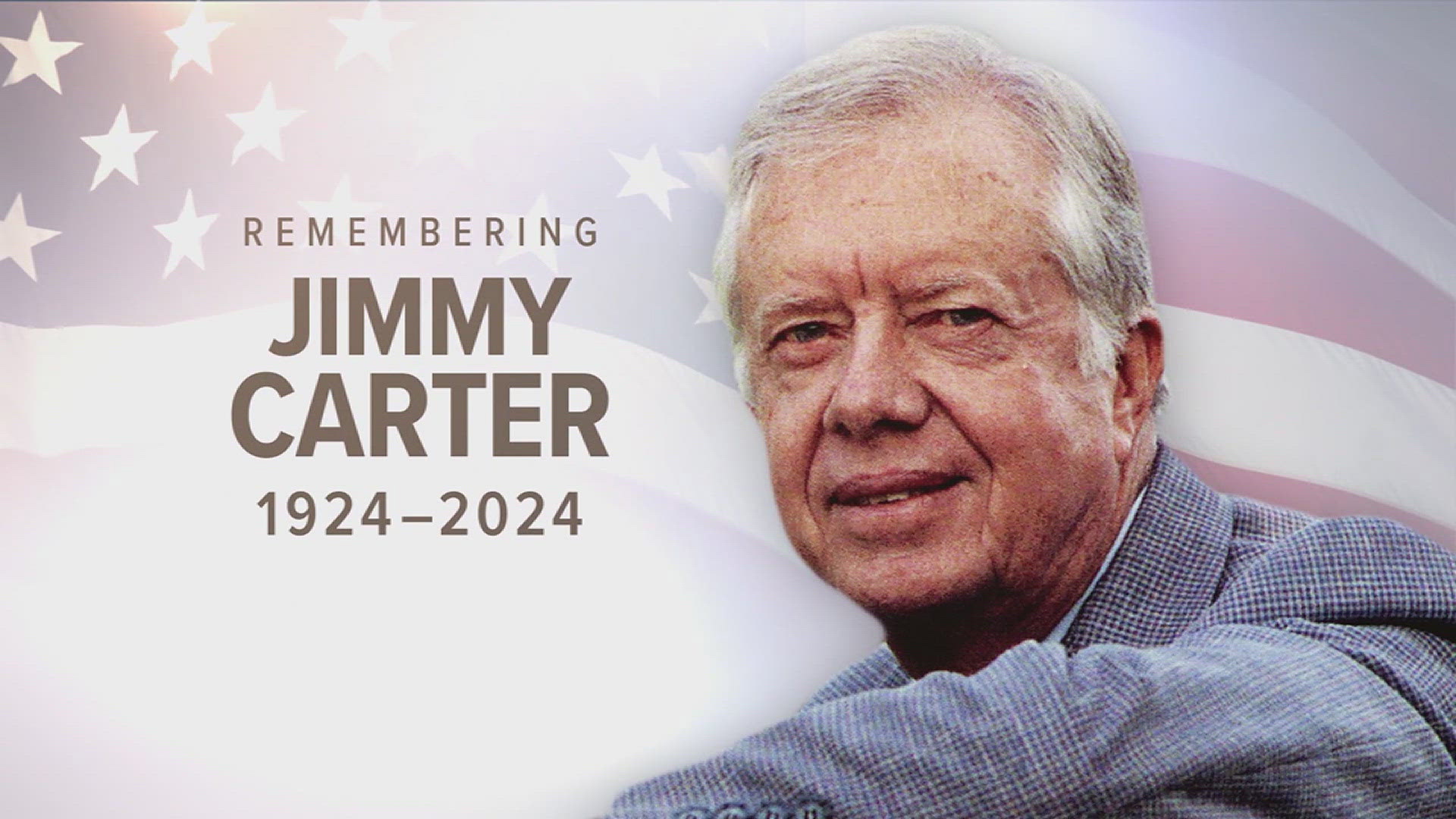(Akiit.com) Barack Obama’s candidacy has changed forever the landscape of America because now all parents, regardless of race, can say to their children that if you work hard and sacrifice, study and help others, you can become President.
That is an amazing testament to the transformational character of Obama’s White House run.
And the country as a whole should be proud because Obama’s candidacy was never truly hobbled or engulfed by the issue of race. Instead, the American people adhered to the Rev. Martin Luther King’s standard that a man be judged by the content of his character rather than the color of his skin.
Some will argue that Obama’s candidacy represents the official beginning of a “postracial” era in America, where neither race nor civil rights claims are relevant. Others will claim that Obama now trumps whatever cards I and other civil rights leaders may possess.
Such arguments misread the racial tea leaves swirling through America. The fact remains that, although the nation is willing to make important and laudatory exceptions to the “race rule,” it still exists. African-Americans are not treated equally as a people and must struggle for equality every day. This doesn’t change after Obama’s remarkable run.
Consider that a recent national poll showed that 40% of white people held a negative view of African-Americans as a people. This view will not disappear because of Obama, and should he struggle going forward, those negative views against blacks would rise dramatically.
Further, the issues that stoke the smoldering embers beneath the discussion of race and racism are still with us even while Obama soars. Just last year, hangman nooses dotted the countryside of the very states that Obama campaigned in so effectively. The tragedy of Sean Bell, the innocent man gunned down by police, happened during this election season. The Jena 6 case (in which black teenagers were treated much more harshly than their white counterparts despite causing similar mischief) and the Genarlow Wilson case (in which a teenager got a prison sentence for having oral sex with a fellow teenager) are both signs of an unequal justice system slow to change.
Further, closing the education achievement gap between black and white students, perhaps the civil rights issue of our generation, will not happen solely because a black man is a national leader of unprecedented stature.
Significantly, to expect that a President Obama would be the right person to lead the fight for civil rights in America because he is black is to exacerbate these combustible race problems and widen the chasm between blacks and whites. Why? Because white people would quite fairly resent such a unilateral, herculean effort by a national leader who is also African-American. Justifiably or not, Obama would be viewed by many as self-dealing.
Yet if Obama stays mute on race issues, his exalted public position will do nothing to improve the lives of people of color whose rights are being violated daily. In that instance, leaders like me must keep him accountable, because to allow Obama to ignore the plight of black America would fan the flames of racial injustice.
We should have always understood that whoever our first black President would be, he would be leader of all the people, not just black America. Further, we must recognize that without the appropriate consciousness-raising by civil rights leaders, race issues could either doom such a leader to a failed one-term presidency or doom America to remaining hostage to its inglorious racial past.
Both options are untenable and threaten to divide us further along racial lines.
So, although Obama’s candidacy has fantastically and forever shattered the shackles in the American psyche that a black person can’t make it in America, it says nothing – yet – about what blacks as a people can achieve, particularly when we are viewed skeptically by so many.
And until we have reached that tipping point where race does not negatively affect millions of people of color – as opposed to just one – there is still much more work for me and other civil rights leaders to do.
Written By REV. AL SHARPTON









Leave a Reply